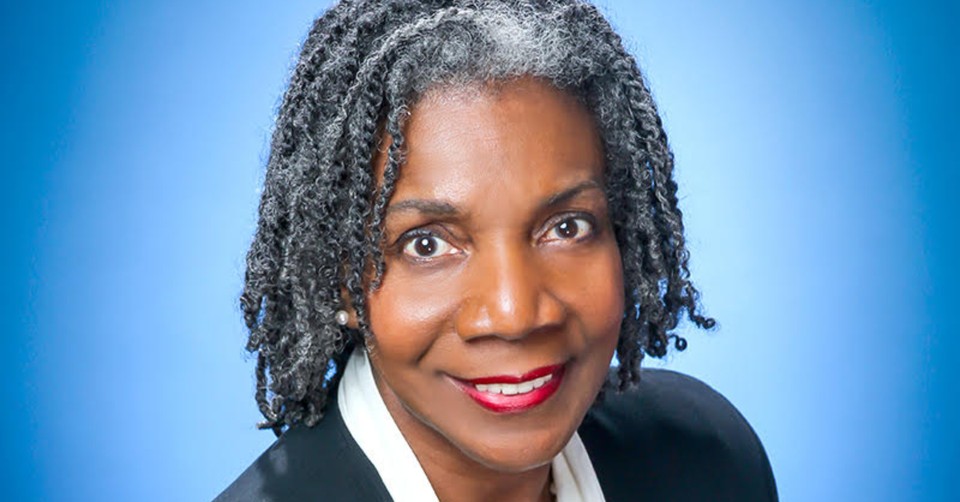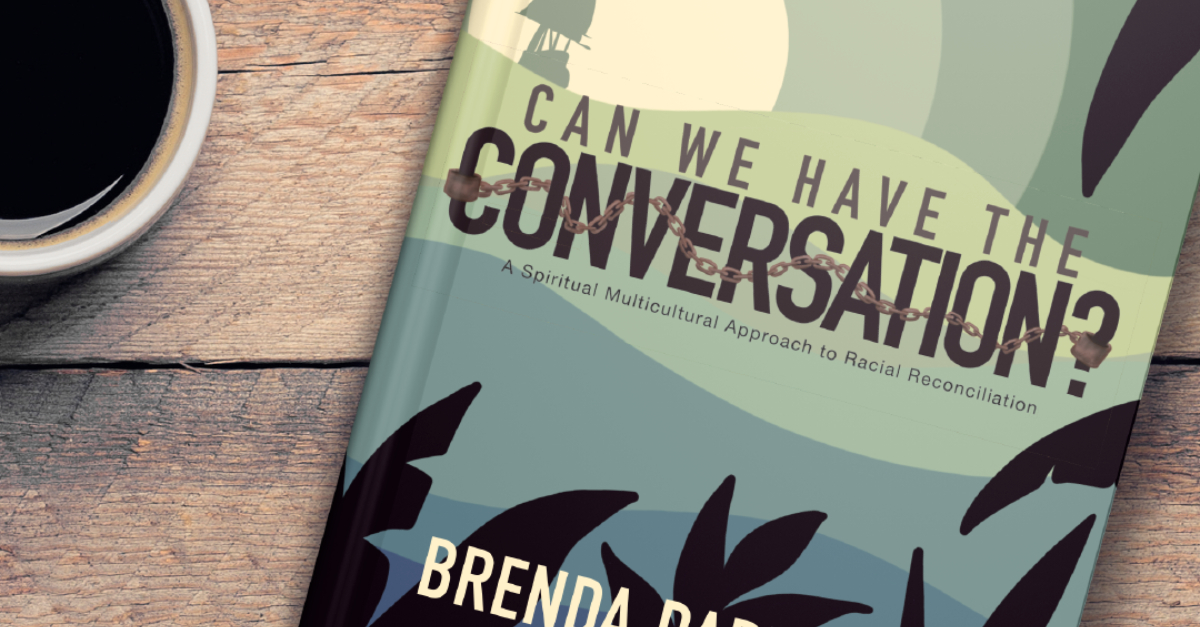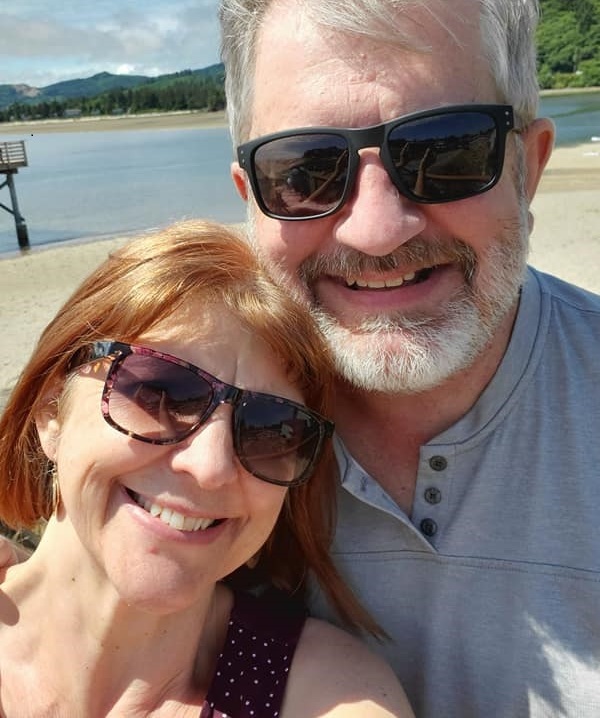Can We Have the Conversation? Gathers All Races to the Table

Yet another pastor confided to me: “I almost feel powerless to do anything about racial justice...What do I know about racism? I feel like a part of the problem that can never be a part of the solution because of the color of my skin. I feel like I am scolded, ‘How could you understand!’ while at the same time I am told that my silence is deafening.”
To help with this dilemma, I shared a brand-new book with him...just as I have with countless others in recent days.
I have told each one: Don’t just read the title and subtitle. Read the book itself.
The book is Can We Have The Conversation? A Spiritual Multicultural Approach to Racial Reconciliation by Brenda Darby. Darby is founder and president of In His Presence Center for Spiritual Transformation and a featured alumna of Biola University.
I had the opportunity to explore the book’s purpose in the following interview with Darby.
DS: What’s your dream?
Darby: That we become one from every tribe and nation. I believe that by having these conversations we will root out personal racism. That includes the racism I myself feel—sometimes during moments when I feel closest to God.
DS: What needs to be discussed in small groups?
Darby: This discussion begins with one’s own story, and then continues toward the history of human slavery and racial supremacy. Further discussion includes the three great divides that have plagued American culture, and four wounds that African-Americans suffer from today.
DS: What are those four wounds?
Darby: In my new book, I use “cultural conditioning factors” and “wounds” interchangeably. The four wounds that exist in African-Americans today are:
1. Identity (once dominated, then excluded, and still rejected)
2. Sacred Secrets (hidden family wounds and/or traumatic experiences kept in silence)
3. Powerlessness/Rage (in the face of constant microaggressions)
4. Mistrust (in light of the historic oppression, discrimination, injustice, and racism against one’s people)
DS: Talk about that last one for a minute.
Darby: African-American feelings of resistance, suspicion, and lack of trust have historic justification. For legitimate reasons, African-Americans have maintained a separate culture within a culture, and those reasons have much to do with the wrongs done to us.
DS: Once we identify the four wounds, what remedies do you see?
Darby: First, we (African-Americans) must reconcile ourselves to God through the Word of God and other spiritual disciplines in order to regain our footing. Second, we must reconcile ourselves to our history by reclaiming our cultural traditions, especially those of song and community.

DS: What do you mean by community?
Darby: I immediately think of the great Harlem Renaissance which gave birth to a new African-American community—a time of new vision, new opportunities, of social and economic freedom. In turn, this historic segment in American history profoundly shaped the spiritual formation of Dietrich Bonhoeffer and others.
DS: Tell me the Bonhoeffer story.
Darby: In his mid-twenties, Dietrich Bonhoeffer accepted a Sloane Fellowship to study at Union Theological Seminary in New York City in 1930. One Sunday he joined one of his Negro friends, Albert Fisher, another Sloane Fellow at Union, for a church service at Abyssinian Baptist Church in Harlem. This was in the middle of the Harlem Renaissance.
Stirred by the Negro spirituals and the purity of the messages on the Gospel of Christ, the cross, sin, forgiveness, and life and death, which were his cornerstones, Bonhoeffer made the Abyssinian church his own home base and served faithfully where needed.
Bonhoeffer found not only a home at Abyssinian but also a place of community—a place to connect with others and reconnect with his faith. Members of the Abyssinian congregation welcomed him into their homes for fellowship and ongoing conversations. Over time, it changed his life and fueled him for the work in his beloved homeland.
DS: What if I want what Bonhoeffer experienced?
Darby: You can! It begins with one’s personal desire for intimacy with God and connection within community.
This type of community is different. It is a gathering of free spirits who desire to see change “within and without” or who want to explore differences or who want to be catalysts of the faith.
DS: How do I prepare?
Darby: Some important questions to ask include:
- Am I open to learning more about myself for my personal spiritual growth?
- Do I have a voice at the table?
- Do I have a voice at the table just because I am present? Is my voice welcomed?
- Do I have a listening ear? Am I willing to be a good listener?
- Can I set aside my preconceived bias, stereotypes, and attitudes for the good of all God’s people and for the kingdom agenda?
- Is this a safe place?
- Can they be trusted? Can I be trusted?
DS: What if I want to host such a table talk?
Darby: My recommendations include the following:
- Prepare by developing an environment of internal calm to be present with another person(s).
- Avoid abrasive or imposing language that could be considered harsh or judgmental of our brothers or sisters in Christ.
- Search for our identity within our stories.
- Recite our stories in light of our relationship to God.
- Prayerfully respond to God’s invitation in our stories.
- Learn to be present and sensitive when dialoguing with our brothers or sisters in their stories.
- Learn to integrate/weave this newfound freedom to love into every aspect of our lives.
All these nuances require believing in our identity in Jesus Christ, the Lover of our souls. It is this Christ who sacrificed His life and yet is present—who will never leave us nor forsake us—and who daily extends the invitation to relationship between all races, including black and white.
Photo Credit: ©Photo Makers/In His Presence

Originally published June 19, 2020.





